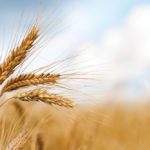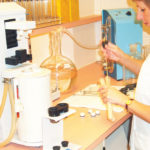The Alberta Wheat Commission (AWC) got into the cash advance business last year creating FarmCash Advance for Alberta farmers only, but it’s considering expanding to other provinces, says FarmCash chief operating officer Syeda Khurram. That’s despite a number of other well-established grain and oilseed advance administrators, including the Canadian Canola Growers Association (CCGA), Manitoba Corn Growers Association and

















